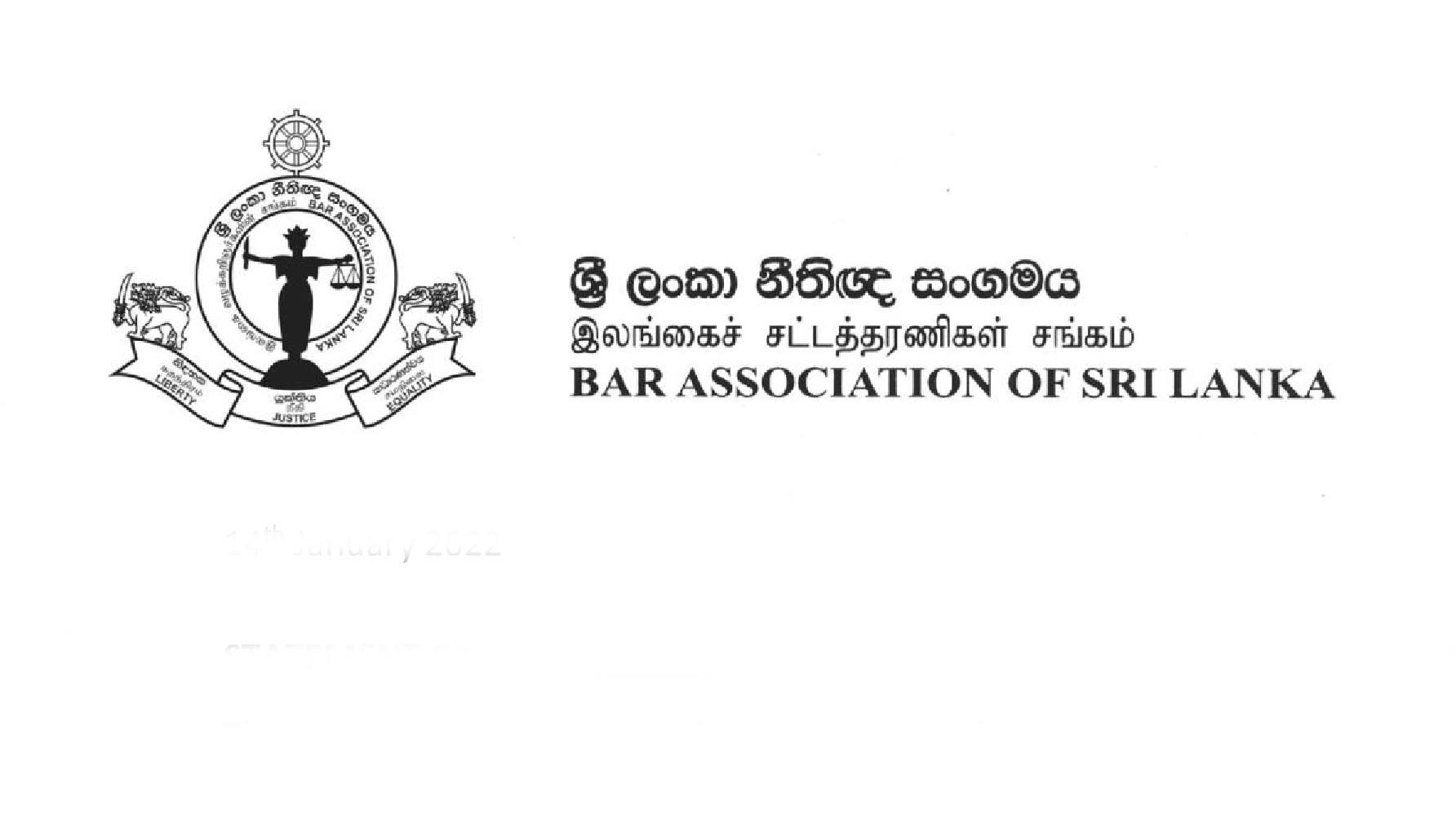The Right to Information Commission has determined that the Bar Association of Sri Lanka (BASL) falls within the ambit of the Right to Information Act (RTI) as a public authority in terms of the general definition of a non-governmental organisation as detailed in Section 43.
The Right to Information Commission made this determination subsequent to an inquiry held based on an application filed by Kamal Vithanage challenging BASL’s decision not to provide requested information.
The Commission decided that the BASL should release the said information requested by the appellant before September 27, with copies to the Commission. The Commission further decided that, if the BASL fails to comply with the said decision of the Commission, the Information Officer and the Public Authority should be prosecuted before the relevant Magistrate’s Court under Section 39 of the Right to Information Act No. 12 of 2016.
The five-member Commission comprised Rtd. Justice Upaly Abeyrathne (Chairman), Rtd. Justice Rohini Walgama, Attorney-at-Law Kishali Pinto-Jayawardena, Attorney-at-Law Jagath Liyana Arachchi, and A.M. Nahiya.
In an information request dated March 29, 2021, to the BASL, the appellant requested several pieces of information, including the decisions and actions taken with respect to the complaint dated March 8, 2019. The BASL had refused to provide said information, citing that the BASL does not fall within the RTI Act as per Section 43. Dissatisfied with this response, the appellant lodged an appeal with the BASL on May 5, 2021. The BASL failed to respond within the time period stipulated in the Act, and therefore the appellant filed an appeal with the Commission on July 9, 2021.
“It stands to reason that the same principles of transparency and accountability must relate to the respondent body, the BASL, in as much as these principles underline the conduct of public activities by the BASL in furtherance of promoting and fostering the Rule of Law,” the RTI Commission observed.
On careful consideration of the foregoing facts, we decide that the respondent qualifies as a public authority in terms of the general definition of a non-governmental organisation as detailed in Section 43, read with Section 43 (i). We conclude that the information so requested in this appeal falls within the information that qualifies to be released in terms of Section 43(i), being information ‘relating to a service that is rendered to the public’ and which is important in the public interest as contemplated by Section 5(4), with no bar to release, as the Commission further observed.





